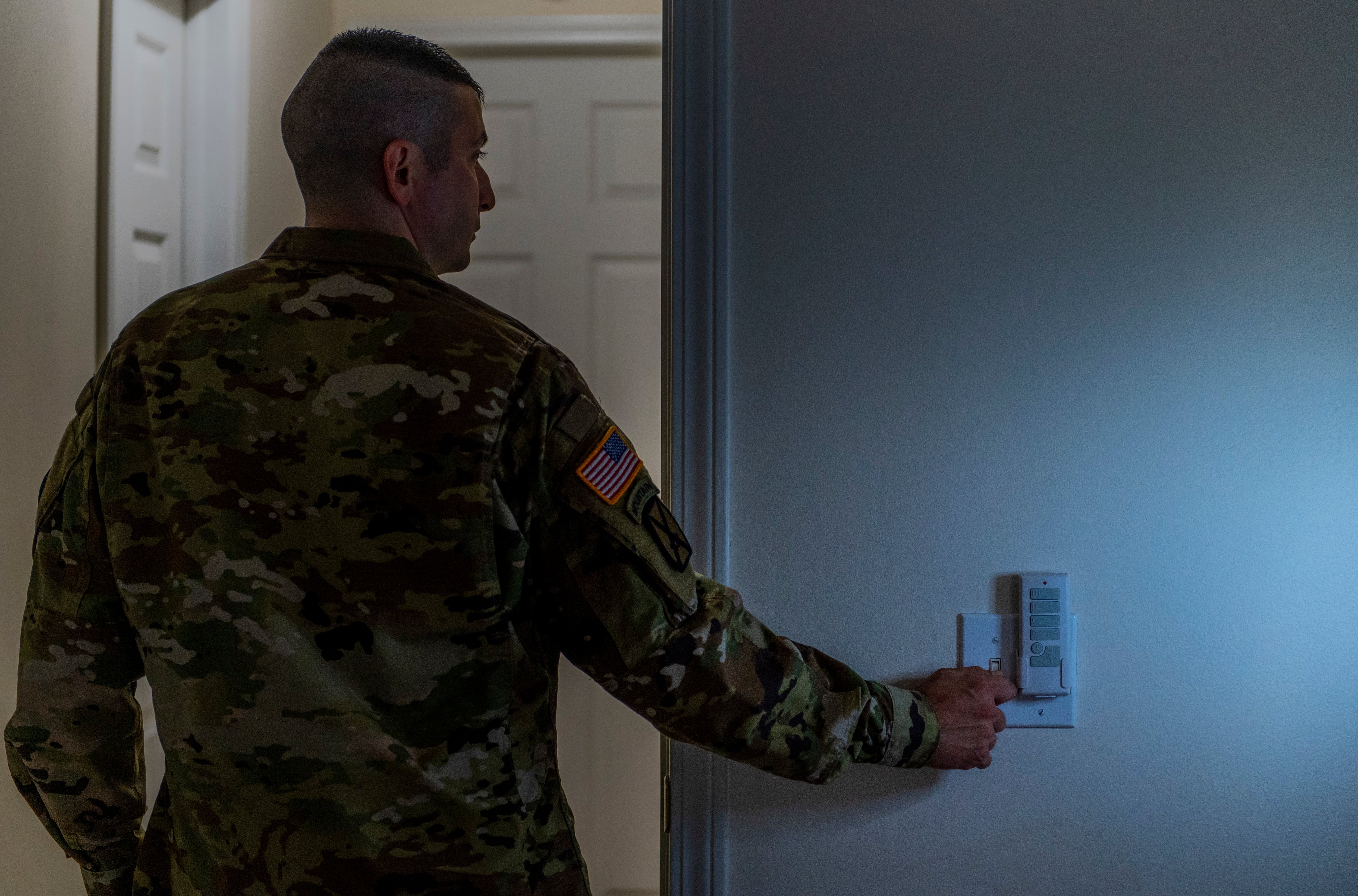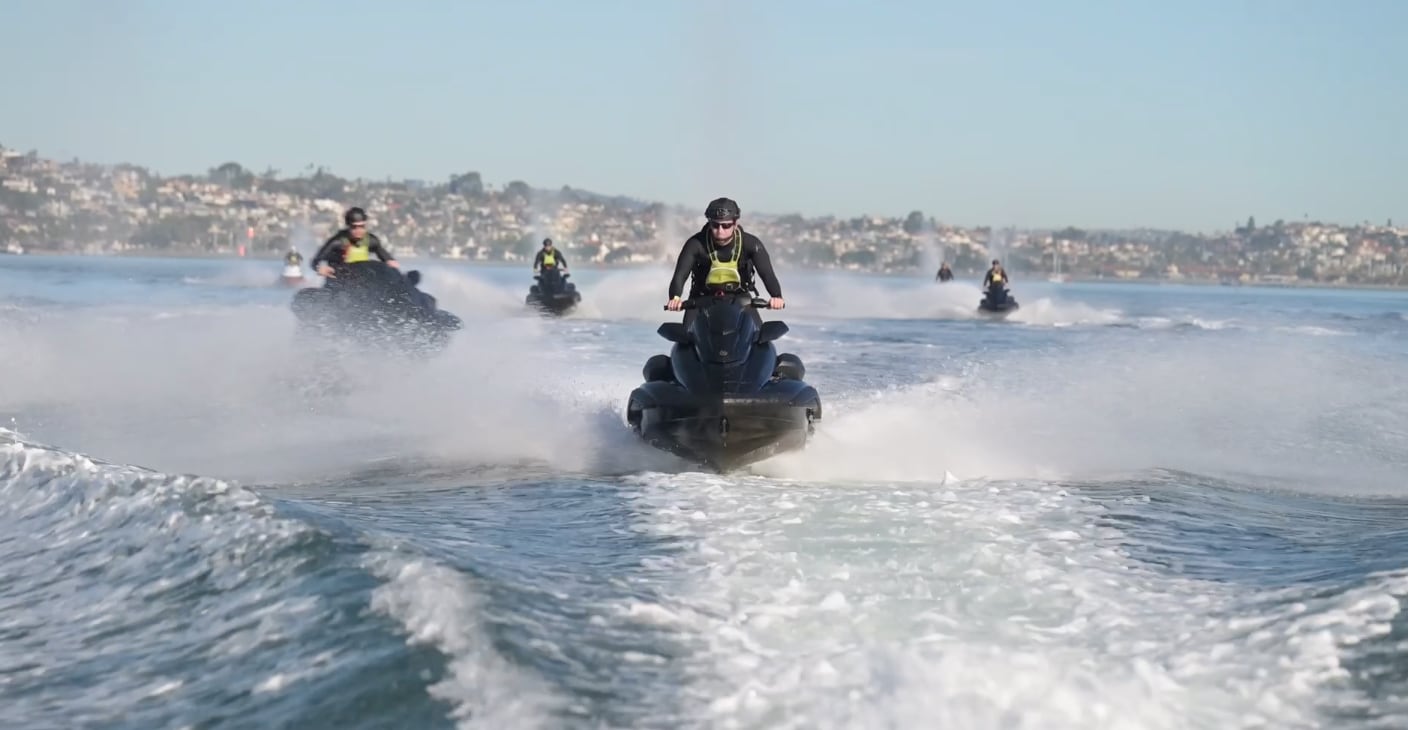Staff Sgt. David Quay wasn’t a trained or experienced rescue swimmer. But he was ready and willing to go to any lengths to save a fellow soldier, and that made him the best man for the job.
Quay, 29, a standardization instructor with 160th Special Operations Aviation Regiment, was on deployment and conducting a routine training flight over the Mediterranean Sea on Nov. 10, 2023, when his MH-47 Chinook crew received word of a downed MH-60M Black Hawk helicopter in the region.
The Black Hawk had been conducting an aerial refueling when an in-flight emergency caused the crash.
Chief Warrant Officer 3 Stephen R. Dwyer, 38, of Clarksville, Tennessee, Chief Warrant Officer 2 Shane M. Barnes, 34, of Sacramento, California, Staff Sgt. Tanner W. Grone, 25, of Gorham, New Hampshire, Sgt. Andrew P. Southard, 27, of Apache Junction, Arizona, and Sgt. Cade M. Wolfe, 24, of Mankato, Minnesota, would ultimately perish in the crash.
But all Quay knew at the time was that fellow soldiers might need rescuing. The crew prepped the Chinook for overwater rescue, setting up a strop harness and hoist system and clearing the cabin to make space for anyone they might haul up. Quay had only ever taken these steps before during training.
After about 10 minutes of flight, the chopper was over the crash site. In the dark, the crew could see debris bobbing in the water and the red glow of chem lights that had been activated by soldiers in the Black Hawk. At first, no people were visible on the water. Then, Quay said, he spotted an arm waving a chem light. It was Grone, a Black Hawk repairer also with 160 SOAR.
The Chinook crew first attempted to send down the harness so they could pull Grone into the chopper, but they quickly realized he was too badly hurt to grab it.
“At that time, the best game plan was going to be to send me down the hoist to get into the water,” Quay recalled.
Quay was a competent recreational swimmer, but his reason for volunteering came down to duty.
“It was either, send someone else to do it, or I could do it,” he said. “And I felt like, since I was in charge of all the crew members, it was my job to do it.”
When Quay hit the water, it was chilly. He swam to Grone and first attempted to put the rescue harness around him, but quickly realized that wouldn’t work. The injured soldier was now unconscious. So Quay unhooked from the hoist and pulled Grone onto his chest, swimming with him toward an inflatable boat the Chinook crew had dropped into the water.
The helicopter rotor wash pushed the boat farther away from the crash site, and Quay had to swim about 100 meters while holding the injured soldier to reach it.
Unable to climb into the boat with Grone, Quay held onto the side, keeping Grone’s head above water for about 45 minutes while they waited for overwater rescue to arrive.
It wasn’t until the two soldiers had been brought to a medical facility that Quay realized how cold he’d gotten during that long night in the water. His body temperature had dropped to 92.8 degrees, and he required urgent treatment for hypothermia.
But his thoughts stayed with Grone, the soldier he risked his life to save. Weeks later, he met Grone’s parents and family members and learned more about the young soldier and the people who loved him.
Quay said he planned to take Grone’s mother, Erica Grone, to the award ceremony where he’ll be honored as the Military Times Soldier of the Year.
“At the end of the day, all of us would have done the same thing for one another,” Quay said. “And me getting on stage and accepting the award in their honor means that at least we’re doing something right there.”





